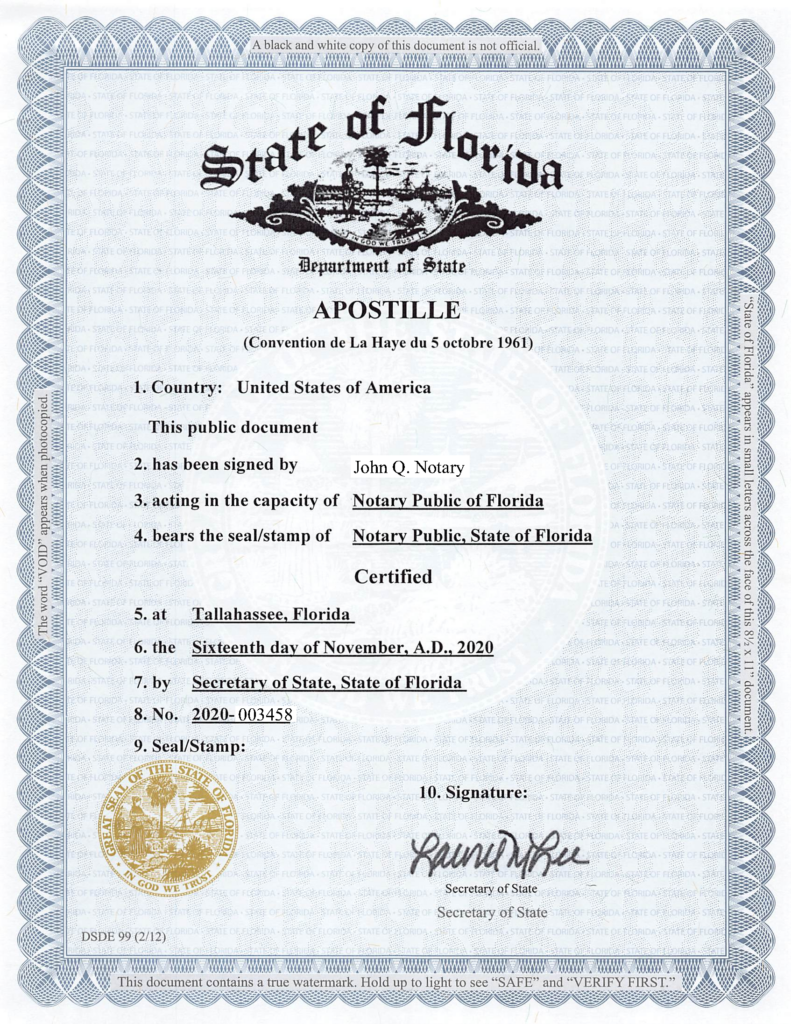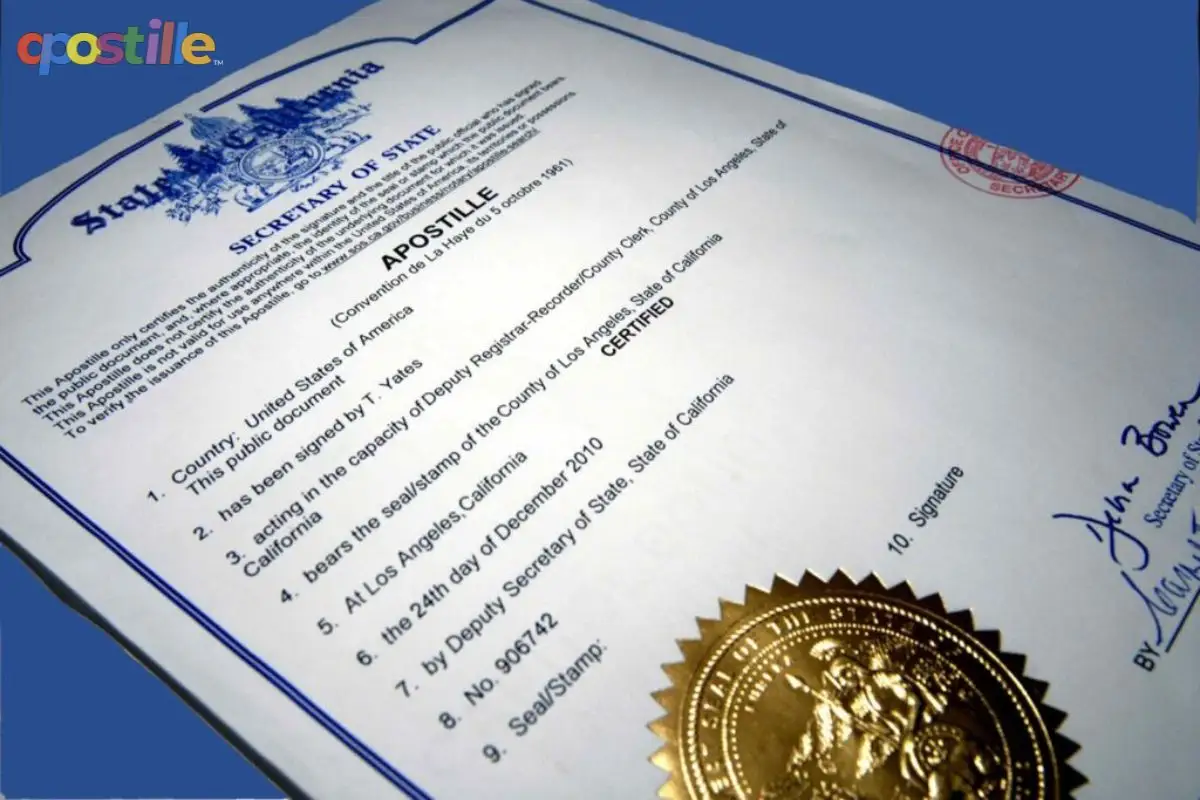Effective Houston Apostille Solutions - Get Your Files Apostilled
Effective Houston Apostille Solutions - Get Your Files Apostilled
Blog Article
Unveiling the Vital Duty of Apostille in Simplifying International Document Recognition Processes
In the realm of worldwide events, the validation of documents holds extremely important importance. In the middle of the internet of bureaucratic treatments and differing legal needs across various nations, the role of apostille becomes a vital facilitator in streamlining the process. By attaching an apostille to a file, it goes through a streamlined validation that is identified throughout various countries, hence easing the concerns connected with cross-border document authentication. As we explore the ins and outs of this specialized certification, the nuances in between apostille and traditional validation methods emerge, shedding a brand-new point of view on the performance and effectiveness of this critical yet frequently overlooked process.
Comprehending Apostille Basics
In the realm of record validation for global use, understanding the fundamental principles of apostille verification is critical. An apostille is a customized certification that confirms the credibility of a document for use in international countries that are part of the Hague Apostille Convention.
Apostilles are frequently provided for essential records such as birth certifications, marriage certificates, and academic records. The vital elements of an apostille consist of the name of the country where it was provided, the name of the individual signing the paper, the ability in which the person signed the document, the seal or stamp of the issuing authority, and the date of issuance. By recognizing these basic facets of apostille authentication, companies and individuals can browse the intricacies of international record validation with confidence and performance.
Advantages of Apostille for Recognition

Moreover, the apostille streamlines the verification process by supplying a standardized certificate that validates the authenticity of the record, such as birth certifications, marital relationship licenses, notarized actions, and scholastic records. This standard format minimizes the threat of rejection due to strangeness with international papers, thus enhancing the performance of cross-border deals.
In addition, the apostille helps in removing the need for multiple layers of authentication by federal government authorities, as the apostille itself represents the record's validity. This not just increases the file validation process yet likewise reduces the associated costs and bureaucratic difficulties, making it a cost-efficient and practical service for businesses and individuals engaging in global tasks.
Simplifying Cross-Border Paper Authentication
Simplifying cross-border record authentication, the apostille removes the need for commonly complicated and prolonged validation treatments usually called for when presenting papers in foreign nations. By affixing read more an apostille to a file, the releasing nation licenses the credibility of the document, making it conveniently appropriate in other nations that are part of the Hague Apostille Convention.
Additionally, the apostille system boosts the security and reliability of cross-border file validation by offering a clear and globally approved system for verifying the credibility of papers. This simplification of authentication refines not just benefits individuals and services looking for to run worldwide but additionally cultivates smoother communication and partnership in between countries by ensuring the dependability of shared documentation.
Significance of Apostille in Legalisation

Apostille ensures that legal documents such as birth certifications, marriage certificates, powers of attorney, and court papers are recognized and approved in foreign jurisdictions. The apostille procedure lowers the bureaucratic hurdles and taxing treatments typically connected with record legalisation, making worldwide purchases extra effective and lawfully binding.
Apostille Vs. Typical Recognition Approaches
Contrasting apostille with standard recognition approaches exposes distinct distinctions in the performance and simpleness of paper their explanation authentication procedures for worldwide usage. Apostille, as a standardized and structured method developed by the Hague Convention, offers a much more straightforward method to validating papers contrasted to standard approaches. Conventional recognition processes usually include numerous steps, including registration, certification by government authorities, and consular legalisation, which can be troublesome and taxing.
Apostille, on the other hand, simplifies this procedure by licensing documents with a single apostille certification released by a qualified authority in the nation where the file stems (Houston TX Apostille). This certificate is acknowledged by all participant nations of the Hague Convention, eliminating the demand for further embassy legalization. Consequently, apostille substantially lowers the time and initiative required for document basics validation, making it a favored choice for companies and individuals associated with global purchases
Verdict
In verdict, apostille plays a crucial function in streamlining global paper recognition procedures by supplying a standardized method of authentication that is acknowledged throughout getting involved countries. By streamlining the legalisation procedure, apostille gets rid of the demand for several layers of recognition, lowering time and expenses associated with cross-border paper authentication. This reliable system advantages individuals and companies seeking to make use of foreign documents for legal objectives, making certain smoother worldwide purchases.
By affixing an apostille to a paper, it undertakes a simplified validation that is acknowledged throughout numerous nations, therefore reducing the burdens associated with cross-border file verification. Simplifying cross-border paper verification, the apostille eliminates the need for often complicated and prolonged recognition procedures typically called for when presenting files in international countries. By affixing an apostille to a file, the issuing country accredits the credibility of the paper, making it easily appropriate in various other nations that are part of the Hague Apostille Convention. By attaching an apostille to a paper, the providing nation accredits the authenticity of the signature, seal, or stamp on the file, making it valid for use in one more member country of the Hague Apostille Convention without the need for more legalisation.

Report this page